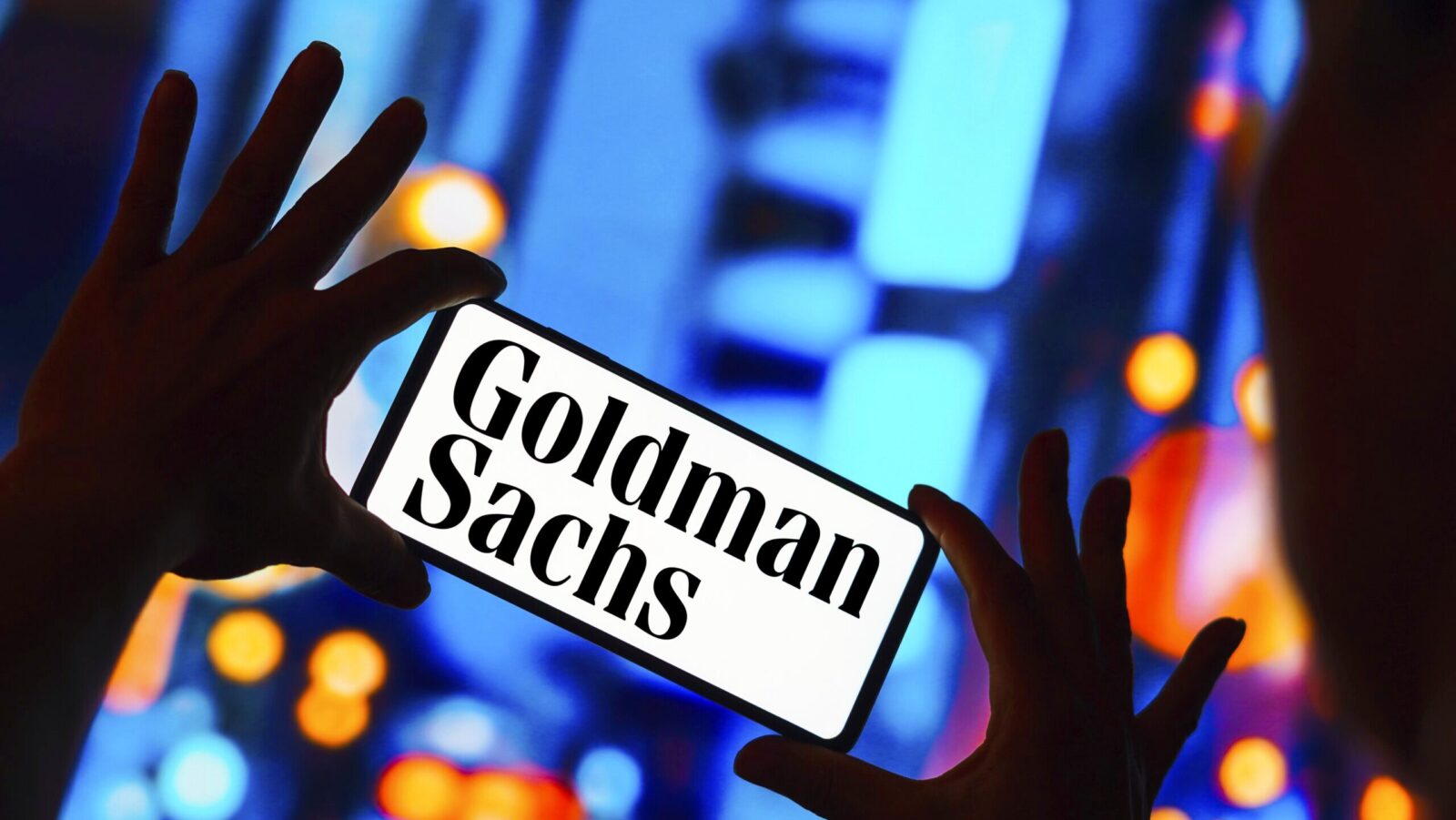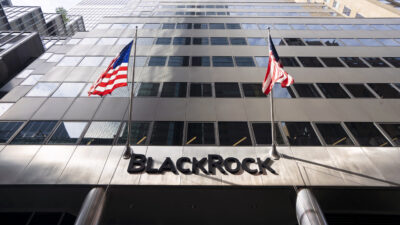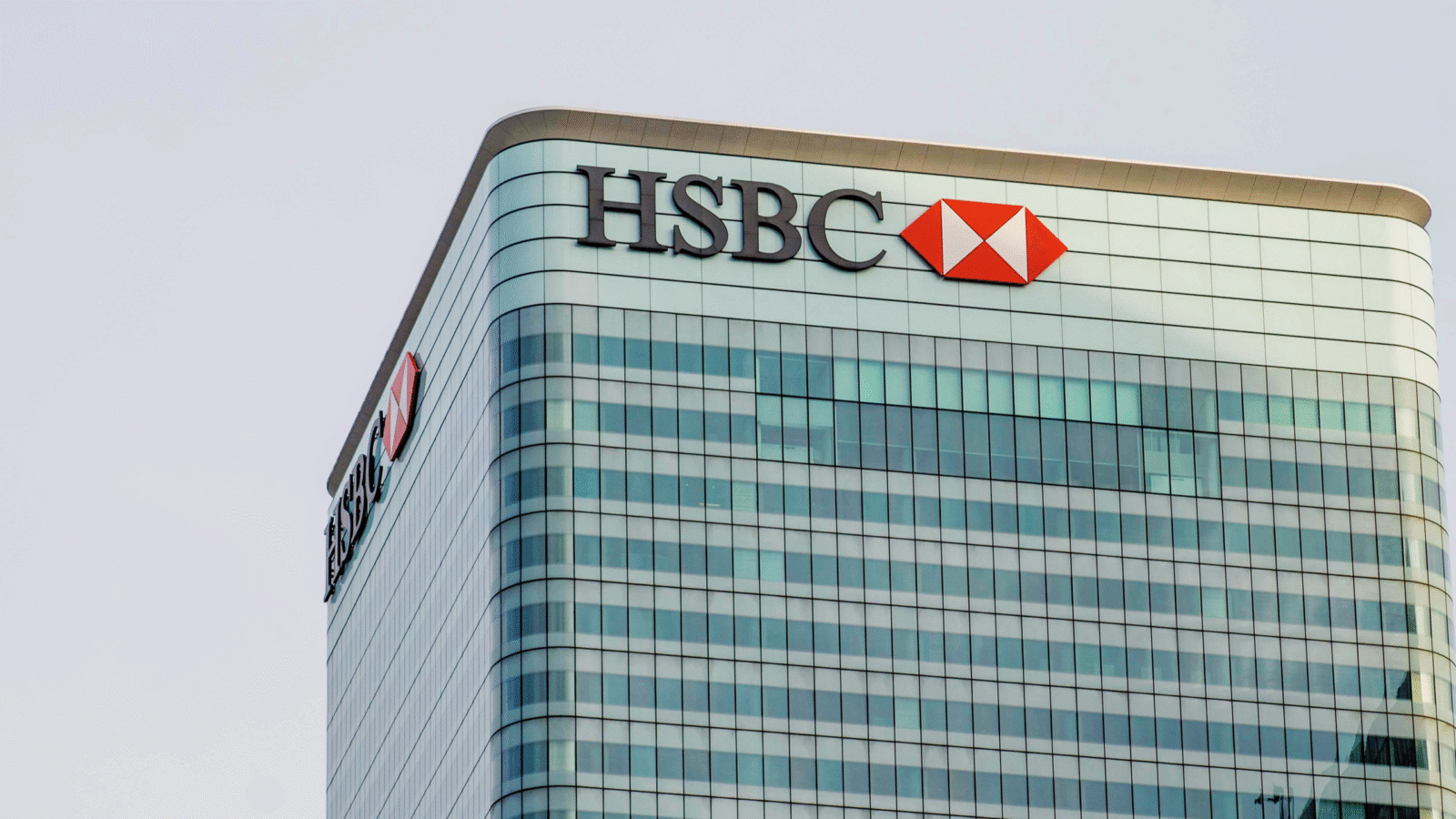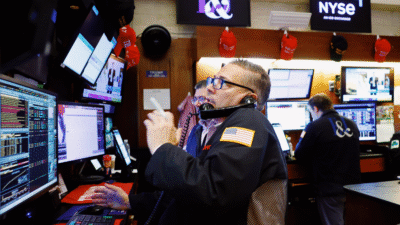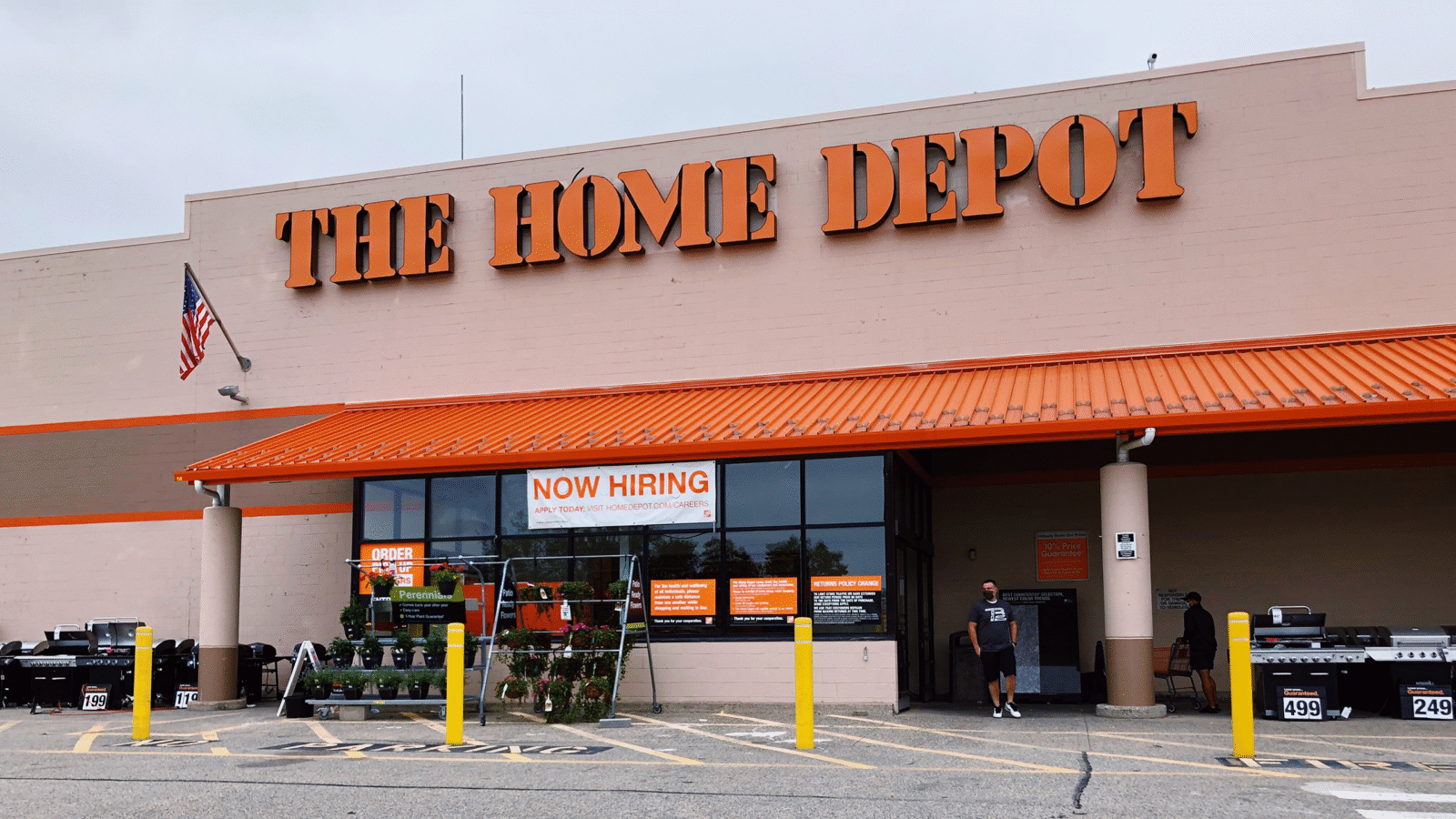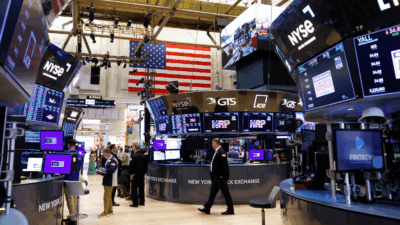
Sign up for smart news, insights, and analysis on the biggest financial stories of the day.
What’s the deal with the Raine Group?
The boutique bank just scored a fat fee facilitating the WWE-UFC merger, and appears to be the one outfit finding success in an otherwise moribund M&A market.
M&A is Not OK
Mergers and acquisitions totaled just $582 billion in Q1, according to analytics service Dealogic, the lowest level in over a decade. That’s a 48% drop compared to the $1.1 trillion earned in the same time last year. Deal count fell to 8,774 in the quarter, 27% less than a year ago. The deals have also been on the smaller end with no individual one reaching $10 billion, according to S&P Global.
Looking at the world of media and entertainment, things are even more dire as deal values shrunk the most compared to other sectors, Axios reported. Activity in the sector dropped to $9 billion compared to $56.3 billion in the prior year’s first quarter.
So how is the Raine Group bucking the trend? We’ve been wrestling with that conundrum and our conclusion is that it has everything to do with sports:
- The Raine Group is advising World Wrestling Entertainment and the Ultimate Fighting Championship in a merger where the boutique bank stands to make $65.5 million when all is said and done, the Financial Times reported.
- No stranger to sports deals, just last year Raine was the exclusive advisor on the sale of Chelsea F.C. to a consortium led by billionaire Todd Bohely, a deal which earned them roughly €30 million. Raine is also playing a key role in the sale of Manchester United if and when the Glazer family ever decides to pull the trigger. That’s shaping up to be one of the biggest team sales in history, likely surpassing $6 billion.
This Could Take Time: Deal-making has slowed for the same reasons everything else in the economy is messed up these days — inflation, rate hikes, bank failures, and the dreaded recession that’s always lurking just beyond the shadows. Is it any wonder no one’s rushing to make new deals? “All in all, it may take longer than expected for global M&A deal volumes for more traditional transactions to bounce back,” Bloomberg’s Emily Rouleau wrote in an analysis.
